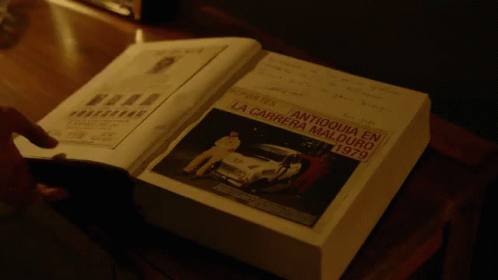
Why I Rate Books This Way
I'm not going to lie. I rate books this way for mostly selfish reasons. Let's say there are 10 books I've given five stars to on Goodreads. If I only go by whole stars, or halves-of-stars, how will I know which one is my favorite? If it's been months since I've read some of those books, there's a chance that I might have forgotten how much I liked it. So, I rate books in smaller increments so that I can go back and know exactly which book was my favorite in a given month or year. Because, by definition, in a group of books, there has to be one that was my favorite and one that was my least favorite.
As I said, the ratings are mostly for my own sanity, but the system also helps me for Goodreads if I feel so-so about a book and can't decide if I should give it, say, 2.5 stars or 3. It helps me split the difference.
How Ratings Are Determined
My system might be more complicated than it needs to be, but I'm a big believer in doing whatever works for you. This system works for me and I like it better than other methods I've tried so I've stuck with it. I have a rubric for every genre I read, because a thriller is obviously going to have different plot elements/tropes than say a fantasy novel or science fiction. There are also elements every book has, such as pacing, writing style and characterization. Every book starts out at 5 Stars and I deduct points from there for any serious criticisms I have and based on my overall enjoyment. As long as I finish the book, it gets at least 1 Star. Books I don't finish don't get reviews or scores.
I know that might sound negative, in that I'm not giving points for what I like but taking points away for what I dislike, but that's the method that's easiest for me. I tried doing the reverse, but it just didn't work very well for me. For some reason, it's a little easier for me to explain why I took points away than why I added them. Maybe my brain just works in a weird way
Anyway, that's the basics of how I rate books. I know I'm probably putting in more effort than is strictly necessary, but I actually like doing it this way. I'm weird and like talking about metrics and statistics. I blame the fact that I majored in math.
How do you rate books? What makes a book earn a certain star rating for you?


